Differentiate Your Concierge Practice
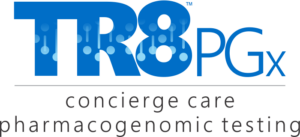
Precision medication guidance can further distinguish your concierge practice
- Stand out in the crowded concierge space (retain and attract patients)
- Enhance the personalized care experience
- Streamline medication selection, reducing costs for patients and the healthcare system
- Deliver improved medication management and improved patient safety
This thoughtful and precise approach can increase the effectiveness of medication regimens, reduce incidence of polypharmacy, and reduce the risk of adverse drug reactions (ADR). Utilization of precision medicine tools helps to set your practice apart with enhanced healthcare safety, quality and efficiency – setting the stage for more positive patient outcomes.
• Personalized Treatment
• Improved Efficacy
• Reduced Adverse Reactions
• Optimized Dosages
• Prevention of Drug-Drug Interactions
• Increased Practice Differentiation
Pharmacogenomic (PGx) testing identifies variations in genes that are known to affect an individual’s drug metabolism and response, allowing you to truly know your patient. These variations can affect how the body absorbs, activates, distributes and metabolizes drugs, which can in turn impact efficacy and safety.
We’re all different on so many levels, including how our bodies respond to medicines.

effective
nontoxic

effective
toxic

ineffective
nontoxic

ineffective
toxic
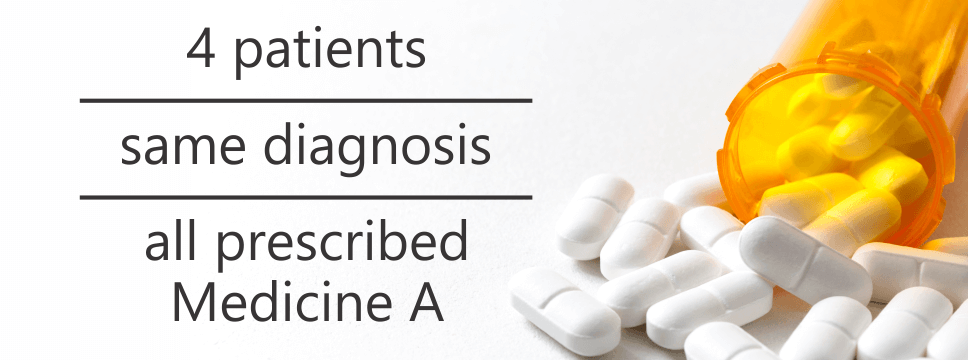
An individual is screened for genetic drug responses.
Broad spectrum panel review or specific category panels.

General
Medicine A
Medicine B
Medicine C
Medicine D
Antidepressants
Antidepressant A
Antidepressant B
Antidepressant B
Antidepressant A
■ Use as directed
■ Ineffective and/or prompts adverse reaction
Mental health conditions often require the use of medications such as antidepressants, antipsychotics, and mood stabilizers. PGx can play a significant role in enhancing mental wellness by providing valuable insights into how an individual may respond to psychotropic medications used in the treatment of mental health conditions.
Medication Expense and Risk

Prescription drug spending exceeded $350 billion in 2019 and continues to increase1

Adverse drug events account for ~ 1.3 million emergency department visits and 350,000 hospitalization a year2
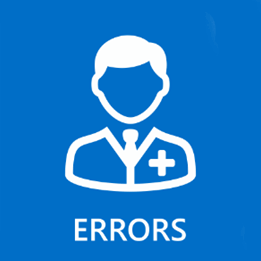
Medication errors occur in 3.8 million inpatient admissions and 3.3 million outpatient visits3
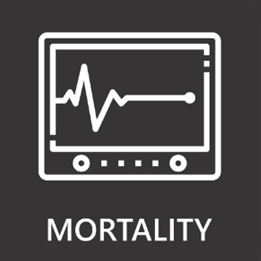
There are 275,689 deaths a year attributable to medication errors4
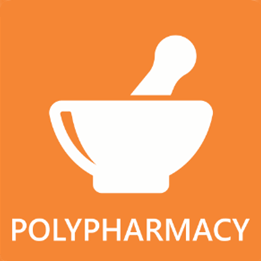
~25% of Americans are using three or more prescription drugs5
- HHS OIG Report August 11, 2022 https://oig.hhs.gov/reports-and-publications/featured-topics/drug-spending/#:~:text=Overview,-Report%3A%20States%20Could&text=According%20to%20data%20from%20the,151%20billion)%20of%20this%20total.
- CDC Adverse Drug Events in Adults https://www.cdc.gov/medicationsafety/adult_adversedrugevents.html
- Preventing Medication Error: a $21B Opportunity http://www.pointofcareforum.com/wp-content/uploads/2011/02/NPP_Medication_Error.pdf
- Waranabe, J. et al. “Cost of Prescription Drug-Related Morbidity and Mortality” https://pubmed.ncbi.nlm.nih.gov/29577766/
- CDC Therapeutic Drug Use https://www.cdc.gov/nchs/fastats/drug-use-therapeutic.htm
Planned TR8™PGx Testing Panels

Comprehensive: a broad-spectrum test that analyzes multiple genes to predict how a patient may respond to a wide range of medications used to treat a variety of conditions such as cardiovascular, oncology, psychiatric, pain management, and other diseases.

Psychiatry: results help predict how an individual may respond to certain medications used to treat mental health conditions such as depression, anxiety, and schizophrenia.

Cardiovascular: results help predict how an individual may respond to certain medications used to treat cardiovascular conditions such as heart disease and hypertension.

Pain Management: results help predict how an individual may respond to certain medications used to treat pain conditions such as chronic pain, neuropathic pain, and cancer-related pain.
TR8™PGx Testing is a future planned testing service of Applied DNA Clinical Labs, LLC (“ADCL”). TR8™PGx Testing has been successfully validated by ADCL and is currently undergoing review by New York State Department of Health as a laboratory developed test. TR8™PGx Testing is not currently available for clinical use.